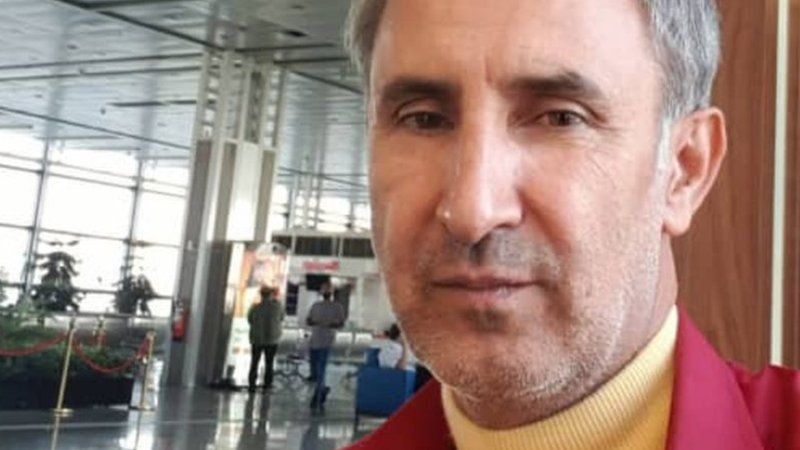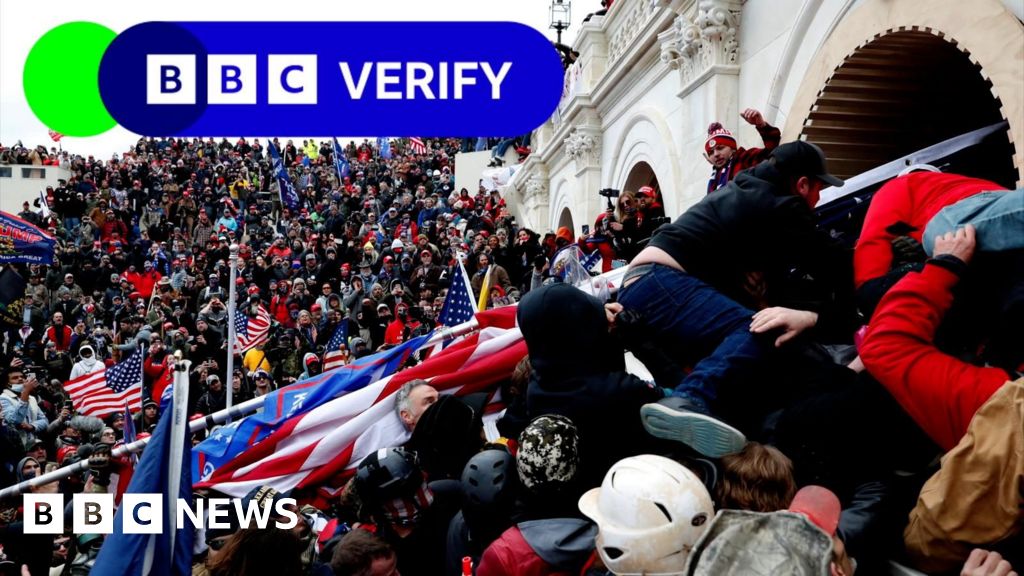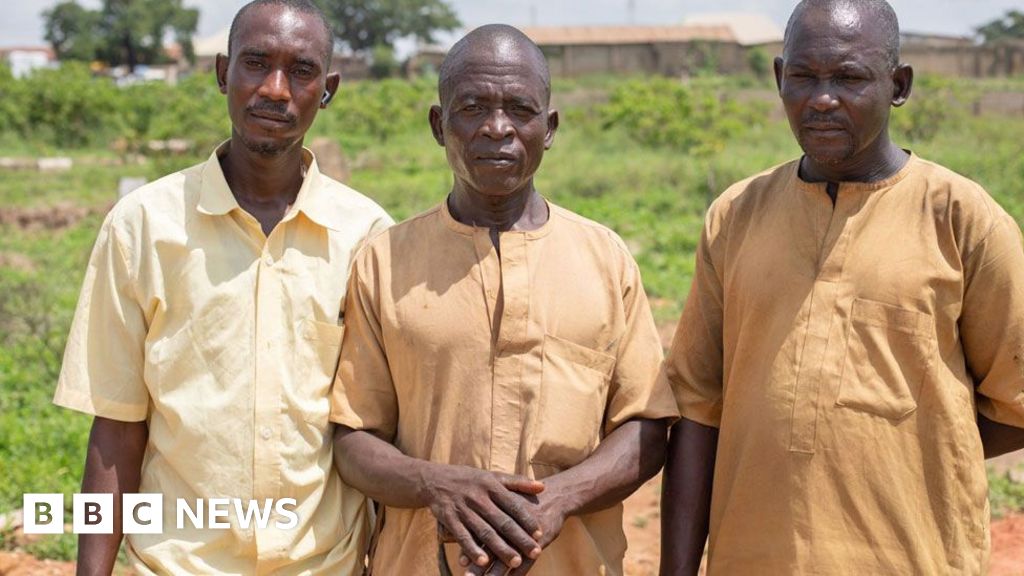ARTICLE AD BOX
By David Gritten
BBC News
 Image source, Handout
Image source, Handout
Hamid Nouri was arrested after he flew to Sweden from Iran in November 2019
A Swedish court has found a former Iranian official guilty of war crimes in connection with the mass executions of political prisoners in Iran in 1988.
Hamid Nouri, 61, was sentenced to life in prison for what prosecutors said was his leading role in the killing of large numbers of opposition supporters.
He had denied the charges, while Iran had denounced the trial as "illegal".
Nouri was arrested after flying to Sweden in 2019 and was tried under the principle of universal jurisdiction.
He was the first person to face prosecution for participating in the executions, which Iran's establishment has never formally acknowledged.
The trial has strained relations between Sweden and Iran, which has been accused of using an Iranian-Swedish dual national sentenced to death on spying charges as a "hostage" in an attempt to force an exchange with Nouri.
Swedish prosecutors accused Hamid Nouri of committing war crimes and murder between July and September 1988, when they said he was assistant to the deputy prosecutor at Gohardasht prison in Karaj.
Following an attack during the Iran-Iraq War by Iraq-based members of the Mujahedin-e Khalq (MEK), also known as the People's Mujahedin Organisation of Iran (PMOI), Iran's then-Supreme Leader Ayatollah Ruhollah Khomeini issued an order to execute all prisoners who were loyal to or sympathised with the leftist opposition group.
Secret tribunals that came to be known as "the Death Committee" interrogated and sentenced to death thousands of inmates. Iran's current President, Ebrahim Raisi, was one of the four judges who sat on the tribunals, although he denies involvement in the killings.
The exact number of those who were subsequently executed is not known, but human rights groups have said that between 2,800 and 5,000 men and women were hanged and then buried in unmarked mass graves in what constituted a crime against humanity.
Image source, Reuters
Image caption,The Mujahedin-e Khalq has long campaigned for justice for the victims of the 1988 mass executions
Swedish prosecutors accused Nouri of participating in the mass executions at Gohardasht and, as such, "intentionally taking the lives of a large number of prisoners who sympathised with the Mujahedin and, additionally, of subjecting prisoners to severe suffering which is deemed torture and inhuman treatment".
He was also accused of the murder of inmates who sympathised with various other left-wing groups and were regarded as apostates.
At the trial, which began last August, former prisoners at Gohardasht testified that Nouri helped select who was brought before the tribunal; that he was personally involved in the torture of inmates; and that they saw him taking condemned people to the gallows.
Nouri's defence team argued that he was a victim of mistaken identity. They said he never worked at Gohardasht and was instead an administrator at Tehran's Evin prison who happened to be on leave during the executions.
However, the court found on Thursday that he "jointly and in collusion with others participated in the commission of the criminal acts".
Human Rights Watch said the ruling sent "a message to the most senior Iranian officials implicated in these crimes that they can't remain beyond the reach of justice forever".
Nouri was arrested in November 2019 when he arrived at a Stockholm airport on a flight from Iran. Swedish police acted after receiving a criminal complaint based on testimony from former political prisoners.
Iran's judiciary called Nouri's trial "unlawful and unfair", saying it was a violation of justice and human rights principles.
Swedish law recognises the principle of universal jurisdiction, which allows one country's judicial system to prosecute crimes against international law even when they were not committed on that country's territory.

 2 years ago
21
2 years ago
21








 English (US) ·
English (US) ·